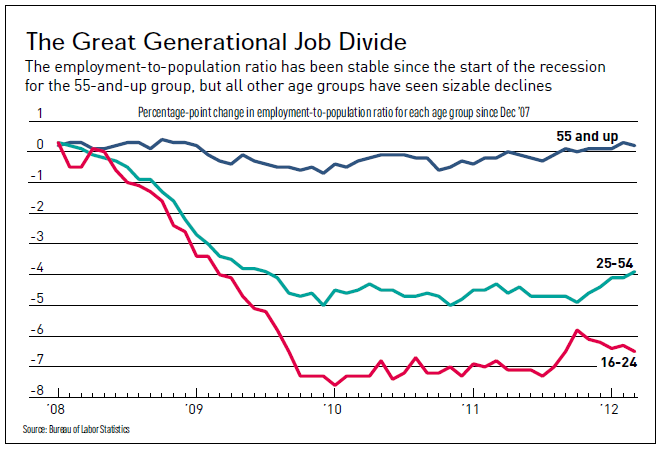eflatminor
Classical Liberal
- May 24, 2011
- 10,643
- 1,669
- 245
Ah, in that case, I disagree strongly. Do you have any evidence that poverty would increase in lieu of a federally mandated minimum wage?
Eflatminor, youre requesting proof of a political concept as you would ask fort proof a mathematical concept.
Mathematics is not a science but rather a philosophy, (i.e. a system of thought thats acceptable among those that employ its concepts. It is the most perfectly precise of all philosophies because if a single exception to a mathematical rule is encountered, that exception is not rationalized away but rather the concept is no longer considered as a rule. You cannot prove 2 + 2 = 4 unless you accept the philosophy of mathematics as a proof.
Politics is among the social studies which are all more subjective and less objective than the empirical sciences. You can try to prove a physics or chemistry postulates. Its more difficult, (if not possibly impossible) to prove sociology or political postulates. What done is logically arguing the cases. If you believe otherwise, can you prove 2 + 2 = 4?
//////////////////////////////////////////
Discussing the logical justification of the legal minimum wage rate, I ask if you agree that any affect of the minimums rate upon a tasks wage rate will be inversely related to the difference between the purchasing power of the minimum wage rate and the job rate? Its contended the minimum wage rate has an effect upon ALL job rates.
Respectfully, Supposn
Okay, fine, we can simply use logic and reason to estimate how minimum wage laws might increase or decrease poverty. As I state previously, I believe they increase poverty and just as importantly, they harm to most vulnerable among us (the young, the elderly and the uneducated). I find it unconscionable. Further, I find it immoral that you or anyone should dictate if a man can or cannot work. Minimum wage laws prevent people from working. Again, unconscionable.



